Students Tackle Real-World Issues by Analyzing Global Relationships
Getting peppered with questions on your presentation in a high-powered Vassar seminar is challenging enough. Now imagine that the ones posing them are not only distinguished Professor of History on the Shirley Ecker Boskey Chair Robert K. Brigham and College President Elizabeth H. Bradley, but also prestigious experts including a former U.S. Homeland Security Secretary and a retired Army Colonel.
Sabrina Surgil ’21 and others enrolled this spring in History/Political Science 367: Strategic Thinking and Global Affairs faced this challenge, fielding criticism from former Homeland Security Secretary Jeh Johnson, retired Army Col. Gregory Daddis, and health care experts currently serving in the Biden Administration, among others.
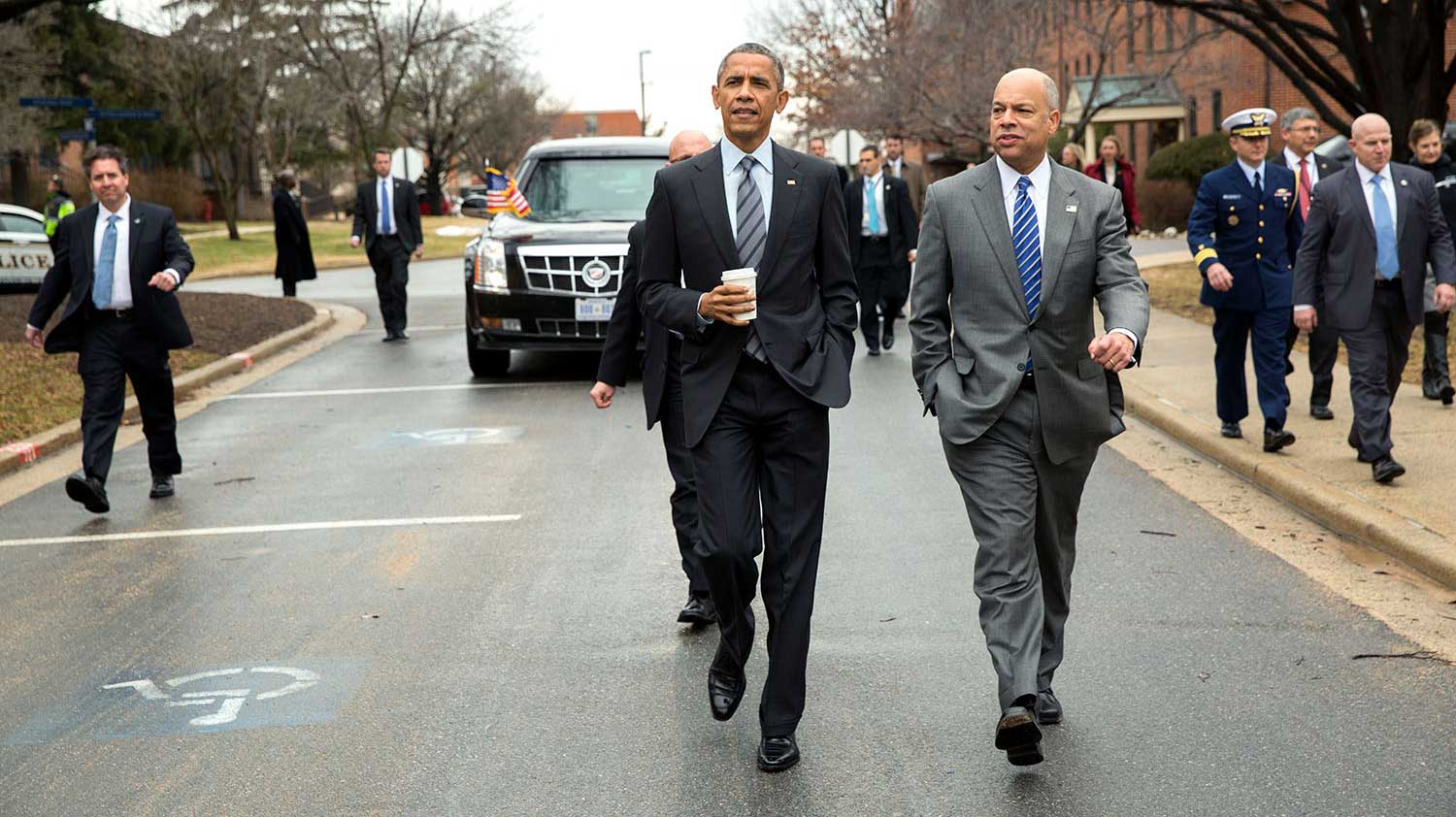
Official White House Photo by Pete Souza - Wikimedia Commons
Surgil, a History and French double-major from Nashville, TN, was part of a team of students who presented a proposal recommending increased funding and inter-agency cooperation for intelligence gathering on racist, right-wing groups and individuals in the wake of the January 6 storming of the Capitol.
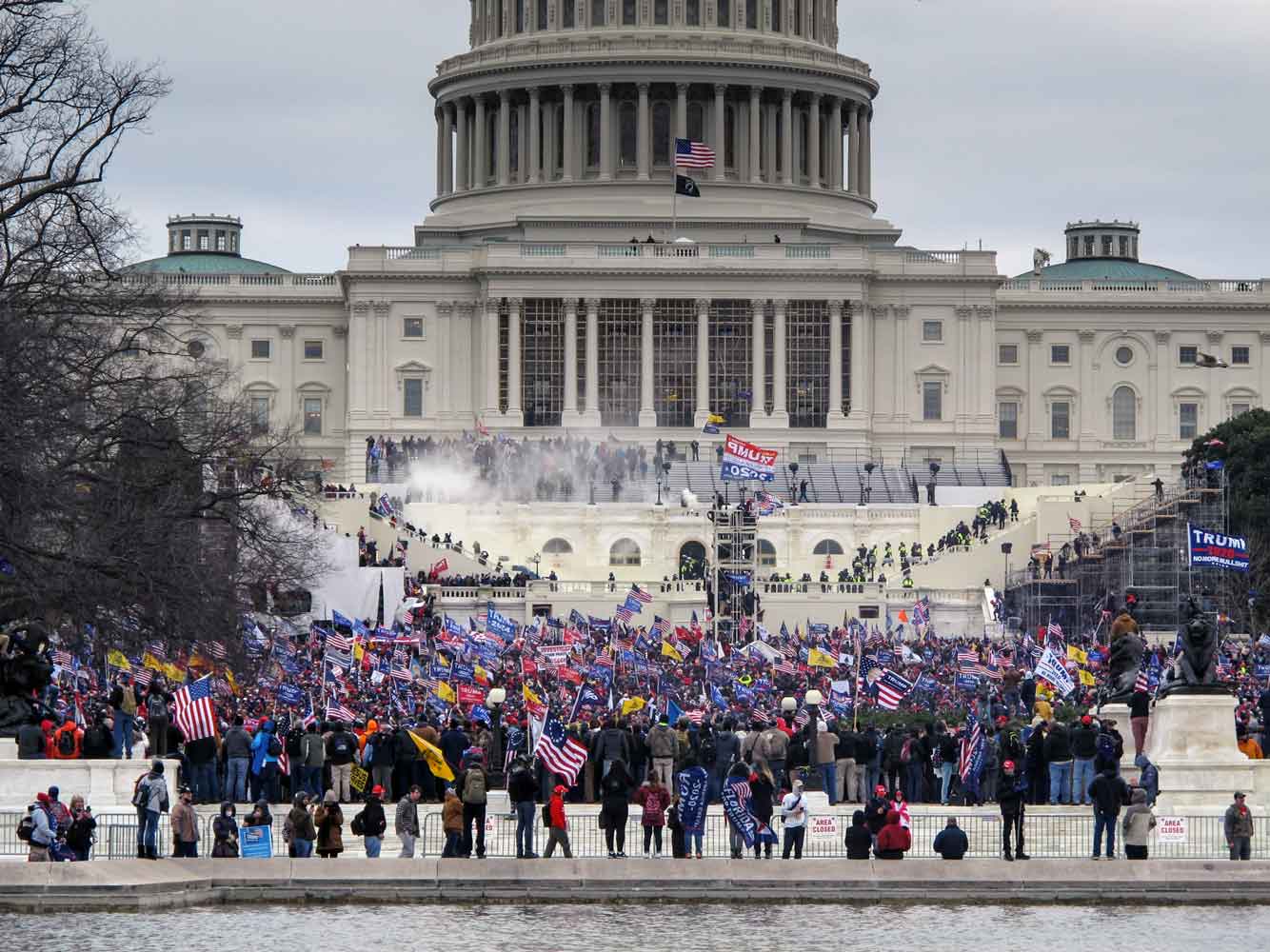
Photo: Debra Reschoff Ahearn - Dreamstime
To prepare for their presentation, Surgil and her team studied State Department briefings and other government documents, and two members watched congressional hearings on the January 6 insurrection. With Brigham playing the role of Secretary of State and Johnson playing, well, himself, the students outlined their proposal while the experts watched and listened on Zoom, then offered comments, criticism—and also plenty of praise. “Secretary Johnson fired a lot of questions at me, and that was certainly a high-adrenaline moment,” Surgil said.
Surgil’s team came up with the proposal after being instructed by Brigham and Bradley to choose a topic about homeland security. Two other teams of students were assigned topics relating to China and the COVID-19 pandemic.
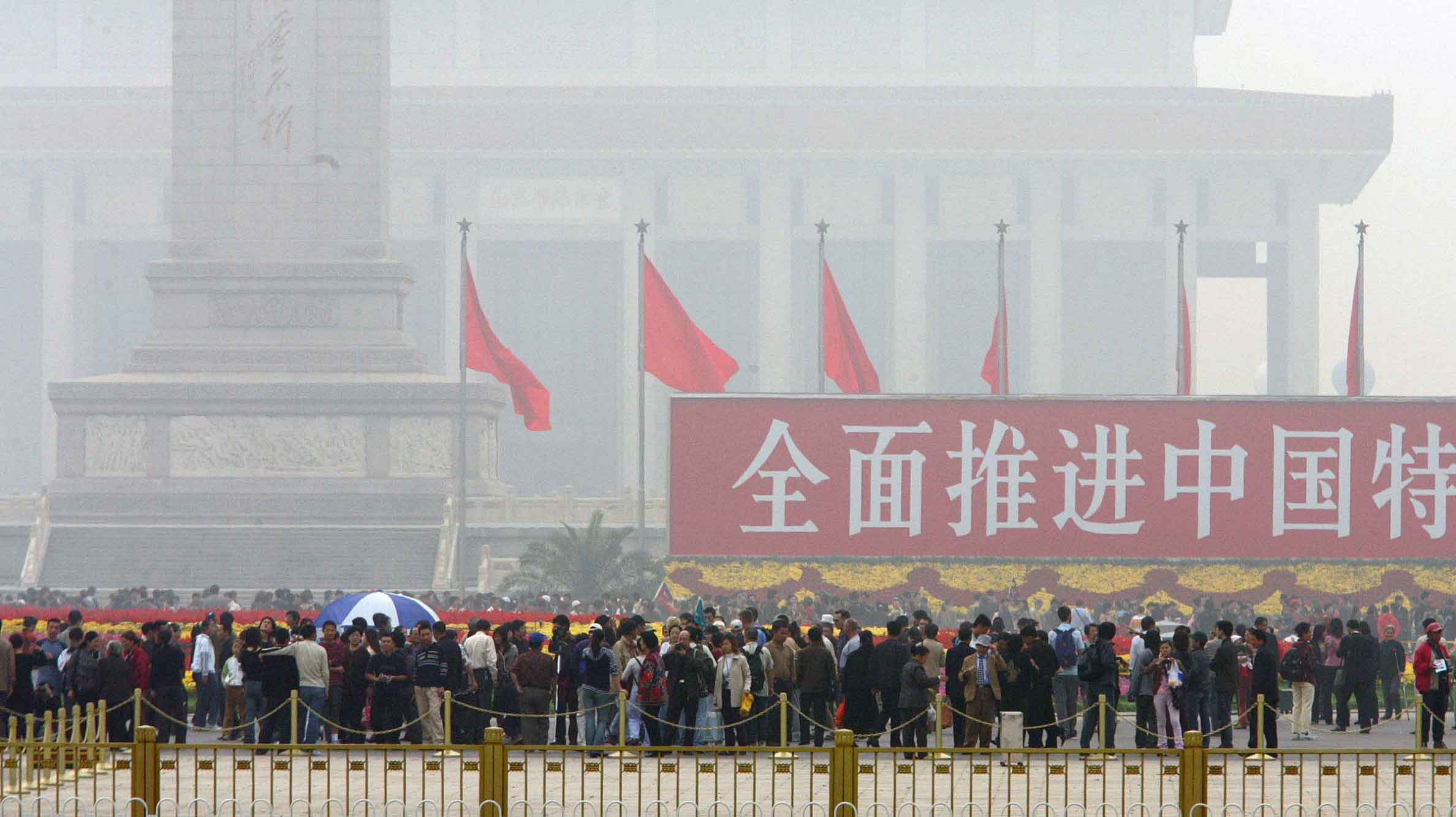
Photo: Greg Baker - Associated Press

The “China” team suggested that tensions between China and other nations using trade routes in the South China Sea might be eased if they all formed a coalition to explore the use of green energy. Experts who sat in on the presentation included Col. Daddis, a former a former West Point History Professor who is currently Director of the Center for War and Society at San Diego State University; former U.S. diplomat Lee Feinstein ’81, who has served as Deputy Director of Studies at the Council on Foreign Relations and is currently Dean and Professor of International Studies at the Hamilton Lugar School at Indiana University; and Eleanor Albert ’11, former Asia writer for the explanatory journalism arm of the Council on Foreign Relations.
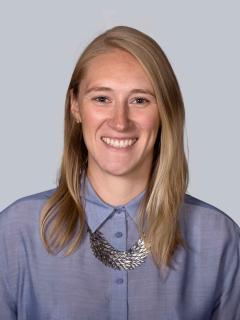
The “COVID-19” team recommended the formation of a joint task force representing nations throughout the world that would share medical data on the current pandemic in order to be better prepared for the next one. The students were so well versed on the subject that just days after they first proposed such an international collaboration, Germany and several other nations formed such a group in cooperation with the World Health Organization. “The students had the idea for this data hub,” Bradley said, “and then Germany pitched the idea.”
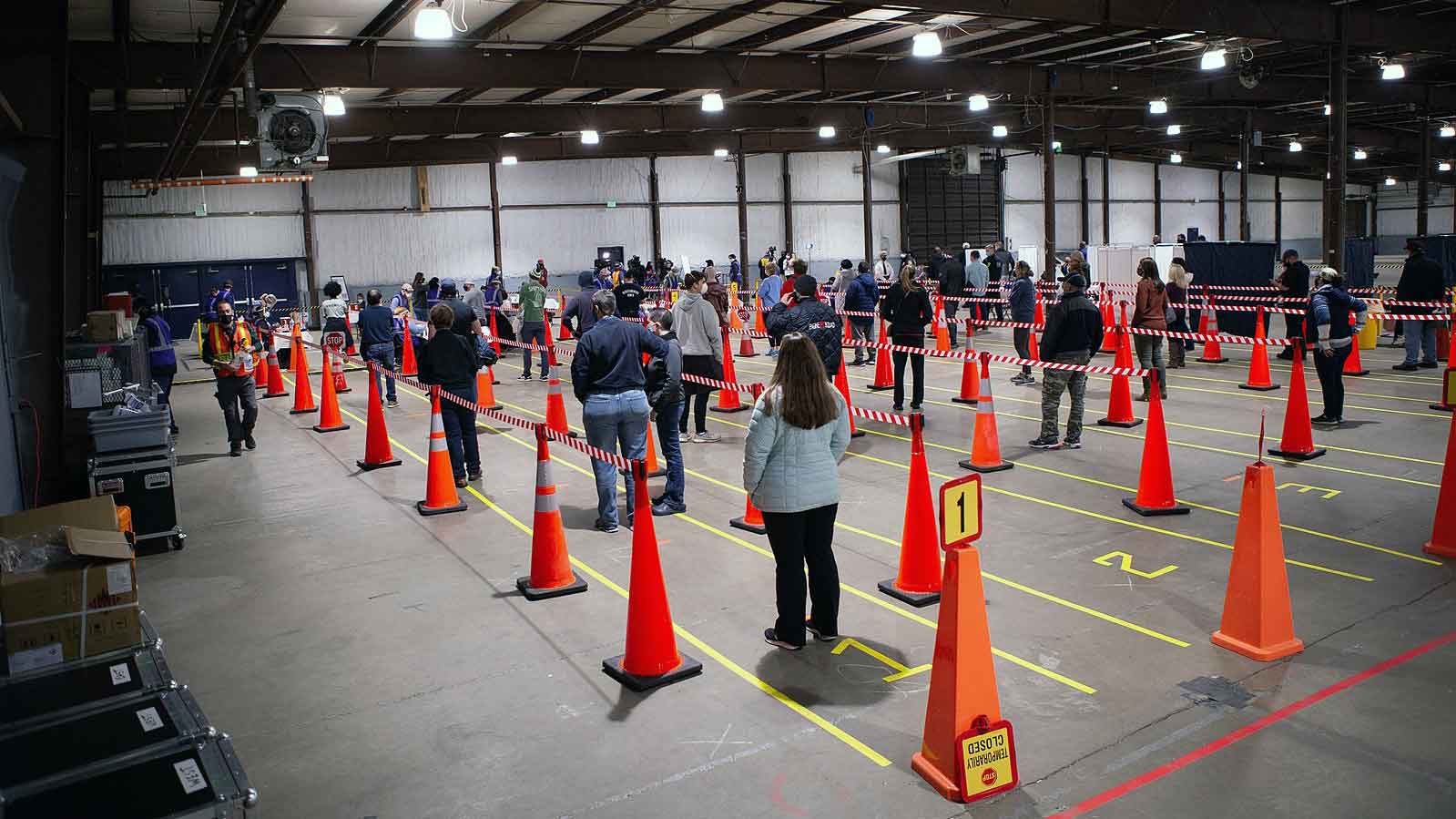
Photo: Baltimore County Government - Wikimedia Commons
Experts who sat in on the students’ presentation on the pandemic were Dr. Marcella Nunez-Smith, Associate Professor of Medicine and Epidemiology at the Yale School of Medicine and Chair of President Biden’s COVID-19 Equity Task Force, and Micky Tripathi ’83, Coordinator of Health Information Technology for the Biden Administration. Bradley, a former hospital administrator whose academic research is in the field of public health, also took part in the critiques of the students’ presentations.
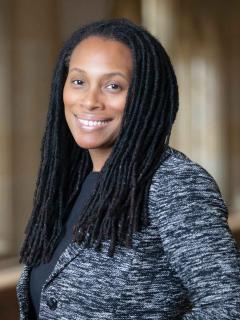
Before preparing their presentations, the students spent the first half of the course reading and analyzing such texts as Hasan Kwame Jeffries’s Bloody Lowndes: Civil Rights and Black Power in Alabama’s Black Belt; Carl Von Clausewitz’s On War; Sun Tzu’s The Art of War; David Woolner’s The Last 100 Days: FDR at War and at Peace; and The American Health Care Paradox, co-written by Bradley and Lauren Taylor.
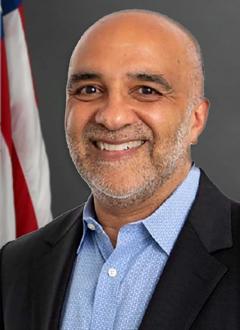
Brigham, who co-taught the seminar with Bradley last year, covering different topics, said he was impressed with the students’ grasp of complex subject matter. “The big vision for this course is having the students to do historical research that enables them to think about strategies in the future,” he said, “and the best way to do that is to put them in real-life situations.”
Bradley said she genuinely appreciated the interactive structure of the course. “What I love about teaching with Bob is that while he really knows his stuff, he also knows how to let the students run the seminar,” she said. “So often when the students would ask him a question, he’d turn it around and say, ‘What do you think?’”
Surgil said the class was different from any she had taken at Vassar, adding that the format, which forced her to think on her feet, was good preparation for the next phase of her education at the University of Virginia. “It was definitely a valuable experience and a really good foundation for law school, where I’ll have to defend my cases,” she argued.
Straight from the Source is an ongoing editorial series that offers a peek into Vassar’s diverse open curriculum and programs, which help shape and develop the critical thinkers, doers, and leaders of the future.